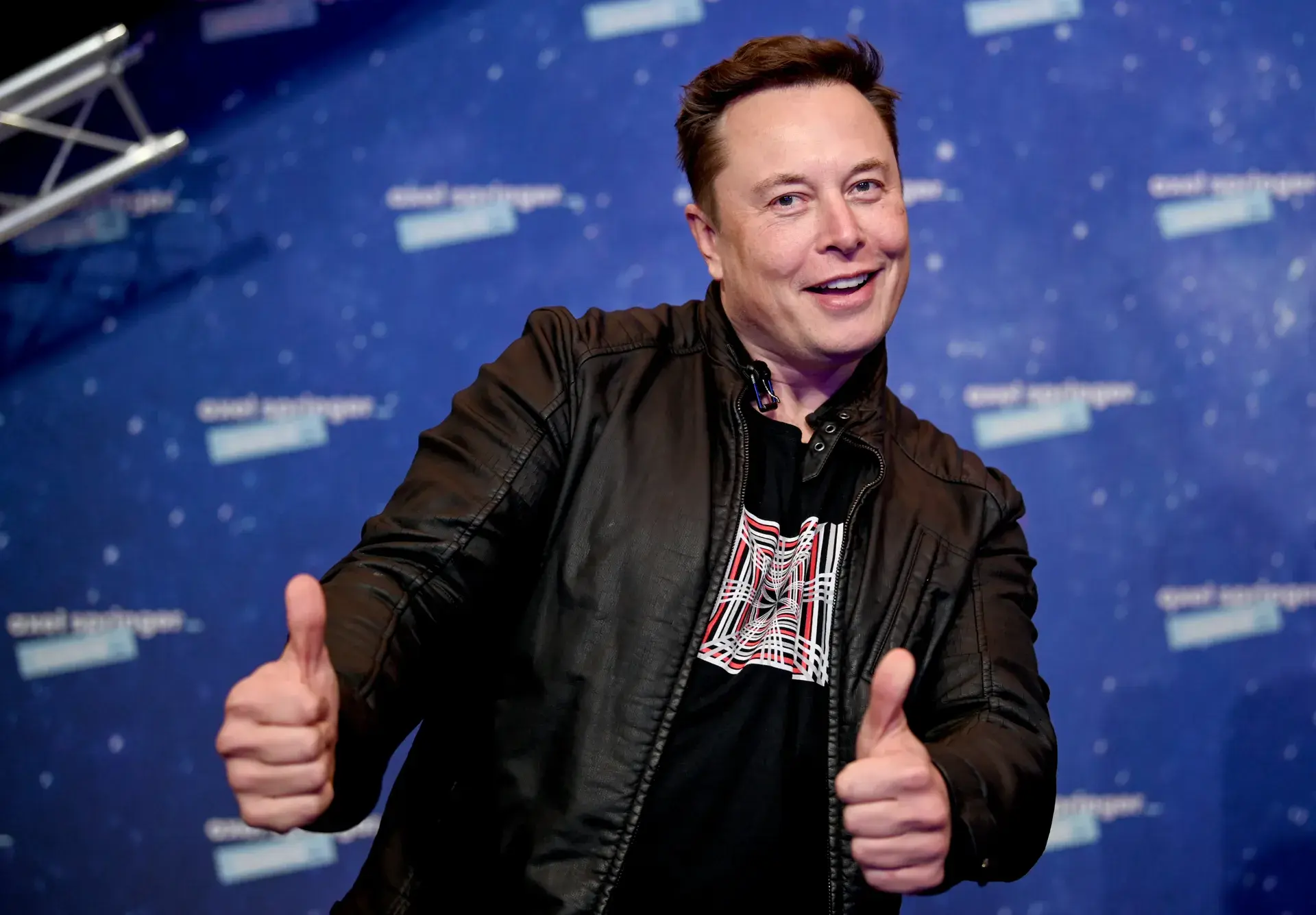I mean, the existing scheme is economically-problematic, because it means that non-solar-generation users are subsidizing solar-generation-users grid connections.
The utilities have two separate set of costs, one from providing the grid connection, and the other from providing power over it.
Traditionally, because the two were linked for practical purposes, utilities just generated their revenue from charging a fee based on electricity use.
But they became decoupled when home solar power generation became more-common. That caused people who were doing solar power generation to not just not pay for electricity being provided -- which is fine, they're providing that -- but also to not pay the costs of keeping the grid available, which is not. Under the traditional billing system, those grid maintenance costs were transferred to people -- who statistically are poorer, another point of contention -- weren't doing home solar power generation.
Having a grid connection provides value to solar generation users. It means reliability, and ability to scale up use on demand. It costs something to provide that. And the folks who are incurring the cost and benefiting from it should pay those costs.
And yeah, I agree that it makes solar less-advantageous, and some rooftop solar users got sold a bill of goods by rooftop solar installers who promised that their rooftop solar would make more economic sense than it did, because they could exploit that billing inefficiency. But the point is, it was a bad policy, and rooftop solar installers had no ability to guarantee that it would continue.
If you've got rooftop solar, you can still avoid paying for the electricity that you're generating rather than pulling from the grid. You just have to pay your share of the grid maintenance cost. Or, if you really don't need that connectivity and you legitimately feel that you're better off off-grid -- which I suspect is probably not the case for most people -- you can just cut off from the grid, rely entirely on your local generation capacity of whatever sort. The only thing you can't do is have grid access and have non-solar-rooftop generation customers subsidize that grid access.
